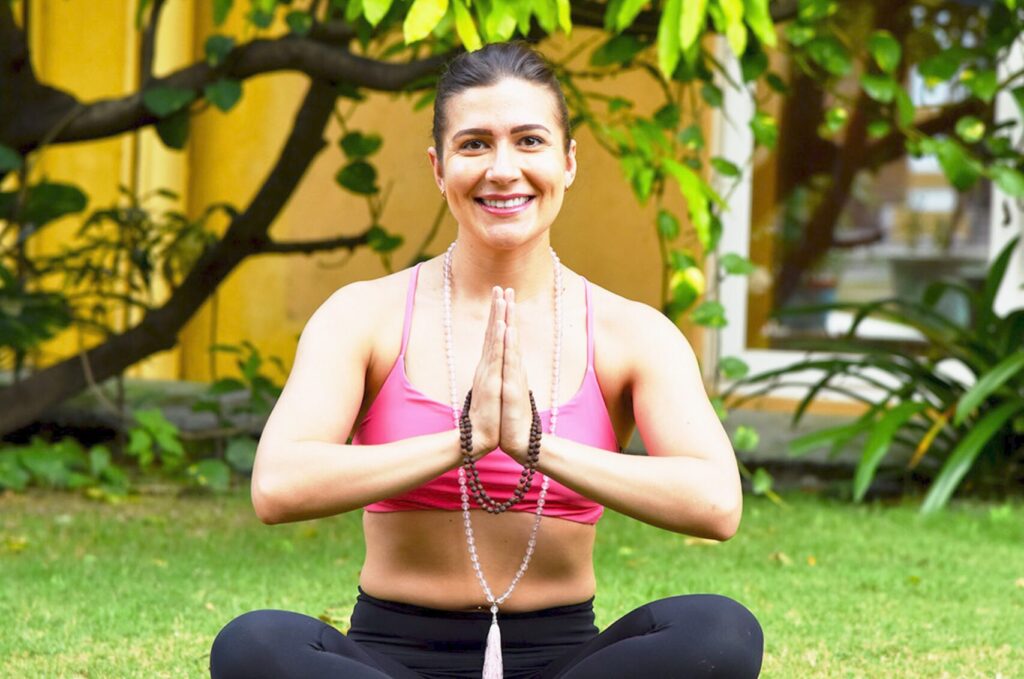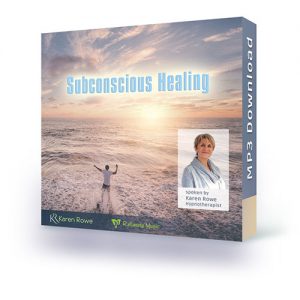Are you constantly feeling stressed and anxious? Do you struggle to unwind after a long day at work? If so, you may benefit from incorporating meditation into your daily routine. Meditation is a practice that has been used for thousands of years to promote relaxation, reduce stress, and improve mental clarity. In this article, we’ll explore how meditation can help you achieve peace and calmness in your daily life.
Introduction: The Benefits of Meditation for Mind Relaxation
Meditation is a simple yet powerful tool that can help you manage stress, improve your focus, and enhance your overall well-being. When you meditate, you focus your attention on a specific object, thought, or activity, which helps you let go of distracting thoughts and emotions. This practice can help you cultivate a sense of inner peace and calmness, which can have a positive impact on your mental and physical health.
Research has shown that regular meditation can help reduce symptoms of anxiety, depression, and chronic pain. It can also improve sleep quality, lower blood pressure, and enhance immune function. In addition, meditation has been shown to improve emotional regulation and increase feelings of empathy and compassion.
How to Meditate: A Beginner's Guide to Mind Relaxation
If you’re new to meditation, getting started can feel overwhelming. Here are some simple steps you can take to begin your meditation practice:
Find a quiet and comfortable place to sit or lie down. You can meditate on the floor, on a cushion, or in a chair – just make sure you’re in a comfortable position.
Set a timer for your meditation session. Start with just a few minutes and gradually increase the duration as you become more comfortable with the practice.
Close your eyes and take a few deep breaths. Focus your attention on your breath and the sensation of your body as you inhale and exhale.
As thoughts or emotions arise, acknowledge them without judgment and gently bring your attention back to your breath.
Continue to focus on your breath for the duration of your meditation session. When the timer goes off, take a few moments to sit quietly before opening your eyes and returning to your day.
Types of Meditation for Mind Relaxation
There are many different types of meditation, each with its own unique benefits. Here are some popular types of meditation you may want to try:
Mindfulness Meditation
Mindfulness meditation involves paying attention to the present moment with non-judgmental awareness. This practice can help you reduce stress, increase emotional regulation, and improve overall well-being.
Transcendental Meditation
Transcendental meditation is a form of meditation that involves the use of a mantra, which is a word or phrase that is repeated silently. This practice can help you achieve deep relaxation, reduce stress, and improve mental clarity.
Loving-Kindness Meditation
Loving-kindness meditation involves cultivating feelings of love and compassion for yourself and others. This practice can help you increase feelings of empathy, reduce stress, and improve overall well-being.
The Benefits of Meditating Regularly for Mind Relaxation

Meditating regularly can have a profound impact on your mental and physical health. Here are some of the benefits you can expect from a consistent meditation practice:
Reduces Stress
Meditation can help reduce the level of cortisol, a stress hormone, in your body. This can lead to lower levels of stress and anxiety, as well as improved overall mood.
Improves Sleep Quality
Meditation can help calm your mind and relax your body, which can lead to improved sleep quality. This can help you feel more rested and energized throughout the day.
Increases Focus and Concentration
Meditation can improve your ability to concentrate and focus on tasks, which can lead to increased productivity and performance.
Enhances Emotional Regulation
Meditation can help you regulate your emotions more effectively, which can lead to reduced stress and anxiety, as well as improved relationships with others.
Improves Overall Well-Being
Meditation can have a positive impact on your overall well-being, including your mental, emotional, and physical health.
Frequently Asked Questions about Meditation for Mind Relaxation
What is the best time to meditate for relaxation?
Ans: The best time to meditate for relaxation is when you have some free time and can sit or lie down comfortably without any distractions.
How long should I meditate for?
Ans: Start with a few minutes of meditation and gradually increase the duration as you become more comfortable with the practice.
Do I need any special equipment to meditate?
Ans: No, you don’t need any special equipment to meditate. All you need is a quiet and comfortable place to sit or lie down.
Can meditation help with anxiety and depression?
Ans: Yes, research has shown that regular meditation can help reduce symptoms of anxiety and depression.
How often should I meditate for maximum benefit?
Ans: Meditating for just a few minutes each day can have significant benefits. However, you may choose to meditate for longer periods of time if you have the time and desire to do so.
Is meditation suitable for everyone?
Ans: Yes, meditation is suitable for most people. However, if you have any medical conditions, it’s best to consult with your healthcare provider before starting a meditation practice.
Conclusion
Meditation is a simple yet powerful practice that can help you achieve peace and calmness in your daily life. Whether you’re dealing with stress, anxiety, or other mental or physical health issues, incorporating meditation into your routine can have a positive impact on your well-being. By following the steps outlined in this article, you can start your meditation practice today and experience the many benefits that it has to offer.
So, take a deep breath, close your eyes, and begin your journey to relaxation and inner peace with meditation.








